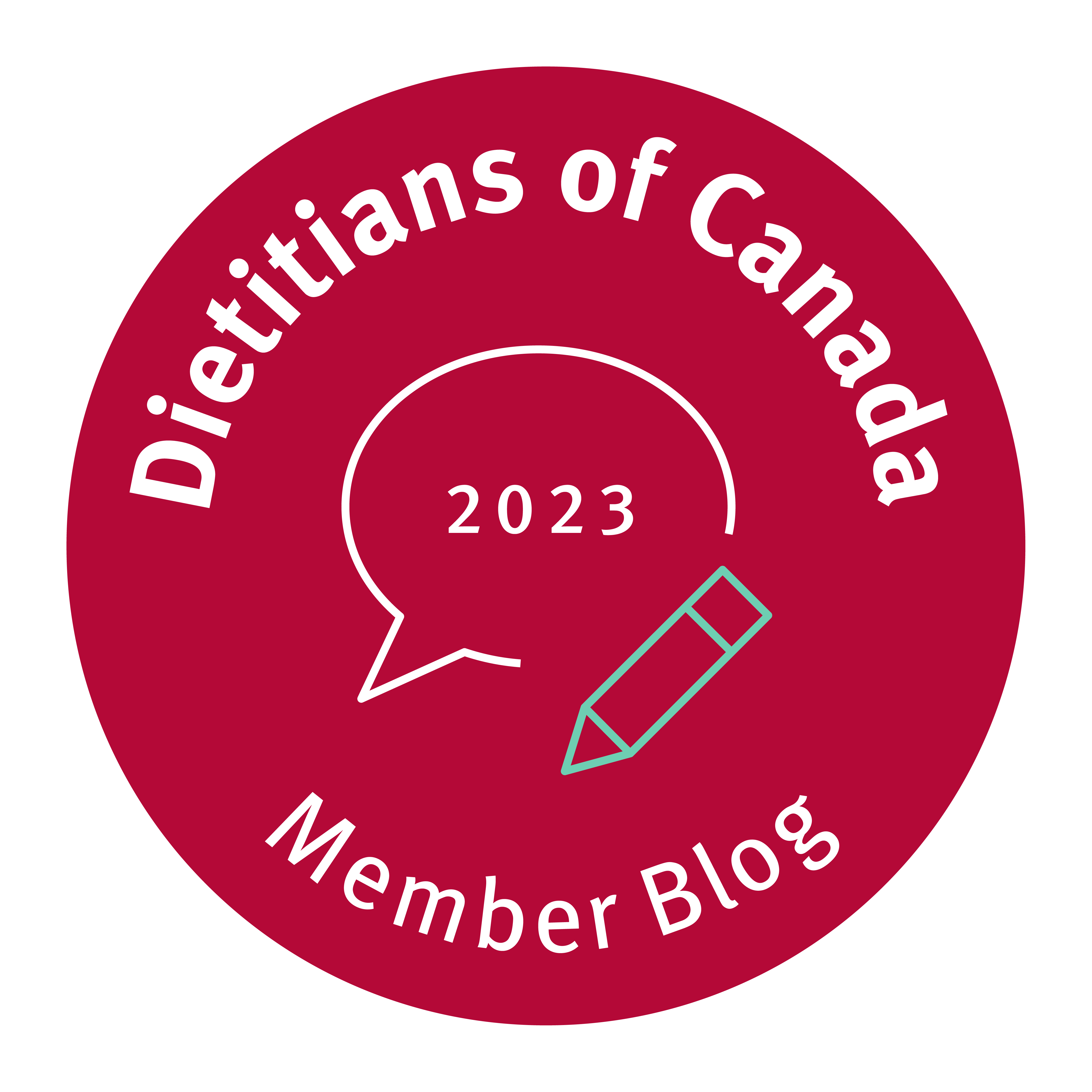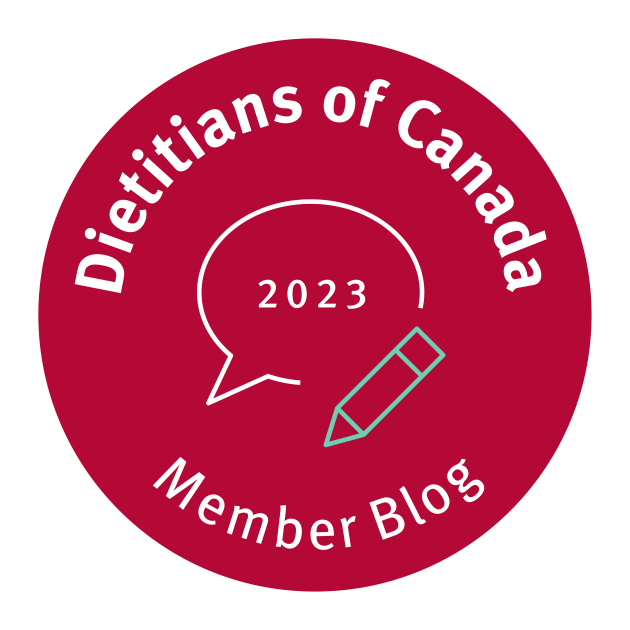It’s a new dawn in the link between your genes and what you put on your plate.
Do you get frustrated reading about nutrition research? Have you noticed that when a new study touting the benefit of a certain food is published, soon after another one, which has the opposite conclusion, makes the headlines? For instance, one day caffeine seems to be a dietary demon and the next, a nutritional hero.
So which is it and why are studies so contradictory.?
Well, it’s all in the genes. You’ve likely heard that expression many times but all too often as a defence for abdicating responsibility for a health issues. After all if it’s in your genes, what can you do?
The good news is that science is beginning to supply answers.
Nutrigenomics, also called nutritional genomics, is an exciting new field of research where scientists are determining the impact of various foods and their constituents along with nutrients on specific genes of an individual. As certain genes are identified that may protect or do the opposite and hasten the onset or progression of a disease, researchers can begin to test the impact of various dietary factors to evaluate their effects.
Simply put, this is about personalized nutrition prescriptions based on your genetic make up.
While not that long ago, it looked as though nutrigenomics was going to be used in research settings only and not ready for prime time but that’s not the case.
I recently had myself tested by Nutrigenomix, a biotechnology company founded by some of the global leaders in nutrigenomics research. Dr. Ahmed El-Sohemy, the Canada Research Chair in Nutrigenomics and an Associate Professor in the Department of Nutritional Sciences at the University of Toronto is the expert behind the initiative.
The test is simple and non-invasive. My saliva sample was tested to provide my genetic profile for seven genes that affect my response to vitamin C, folate, whole grains, omega-3 fats, saturated fat, sodium and caffeine. The testing shows whether I should be following general dietary advice for these particular substances or foods or whether I need to pay more attention to certain ones.
The detailed report which accompanies the results explained just how the genes tested affect my needs. For example, the gene GSTT1 determines how well vitamin C is absorbed by the body. Low vitamin C is linked to the risk of cardiovascular disease, type 2 diabetes and certain cancers. My risk was shown to be typical. In scientific terms, I did not possess the variant which boosts my requirement.
My gene which affects caffeine consumption was also typical. I did not carry the one that puts me at a greater risk for high blood pressure and heart attack when caffeine intake is high. Mine actually provided a lower risk with moderate caffeine coffee consumption than if I didn’t drink coffee at all.
But my genetic profile was not perfect (my parents should have done better!). Out of the seven tested, five of my genes did not present any special nutritional considerations. But two genes, one which influences my omega-3 needs and the other my sodium intake, showed where I need to tailor my dietary needs. I need more omega-3s than the average person – it’s a good thing I love fish. I also have to limit my sodium to the daily recommendation of 1500 milligrams.
It’s interesting to note that seven out of 10 people have this gene variant making it a very common one and providing more reasons why we need Bill C-640 to reduce the amount of sodium in our food supply.
The Nutrigenomix® test is only available through dietitians as the scientists believe that personalized nutrition counselling should accompany the test results. In this way, people who undergo testing can maximize their genetic potential by eating according to their genes. It’s like being dealt certain cards in a game and then having the information to make it a winning hand.
The test is 300 dollars – not cheap – but on the other hand, if you’re paying for steep prices for unnecessary supplements, that amount can go in a flash.
For more information on the testing or to find a dietitian who offers the testing, go to their website.
Note: I am currently not offering the testing but may do so in the future.
x
Are you more concerned about what you eat due to a family history of illness? What are your thoughts on eating for your genes? Please share in the comment section below.





Leave a comment